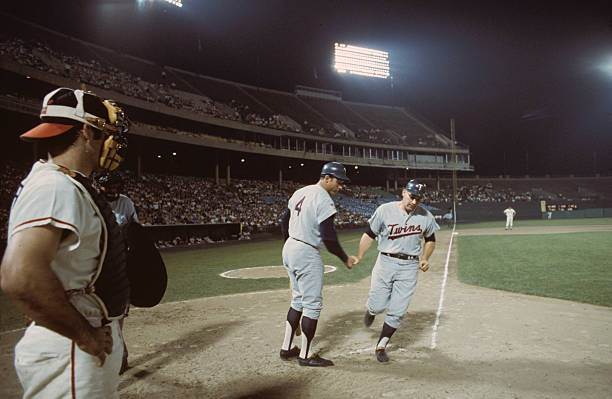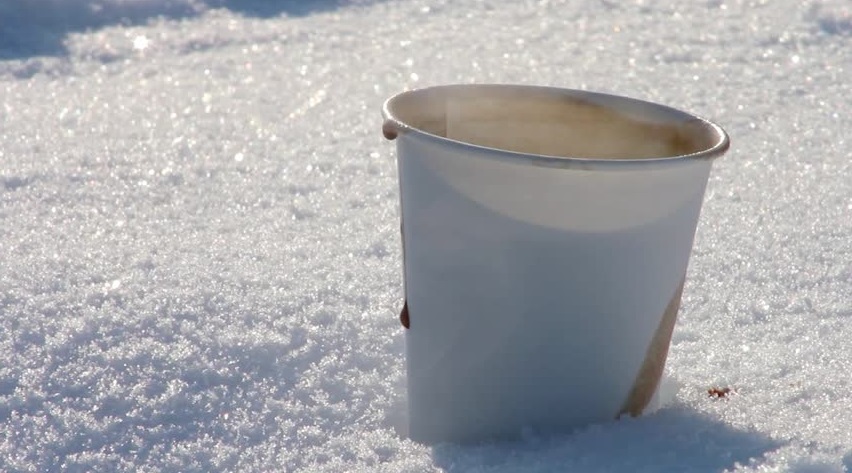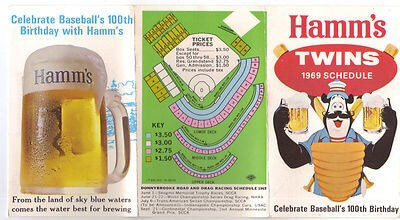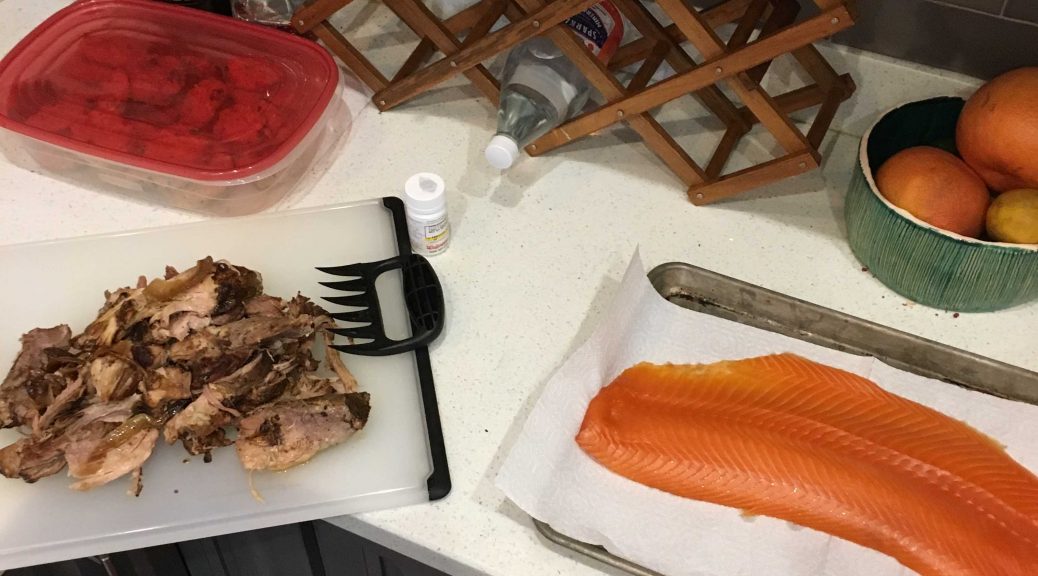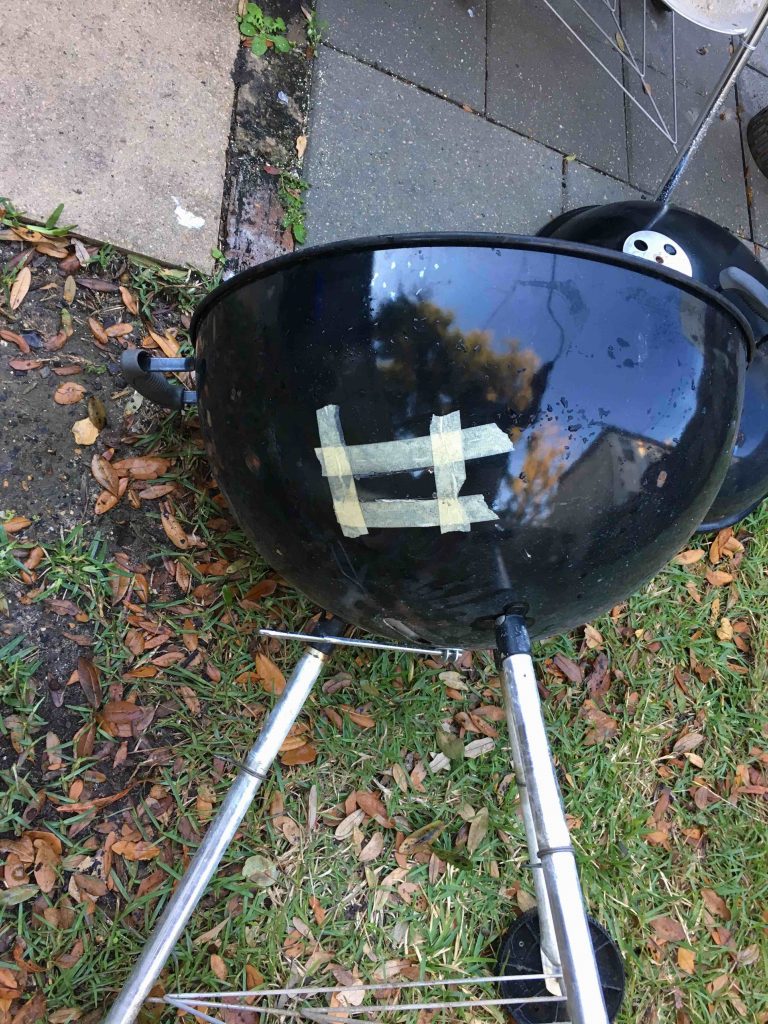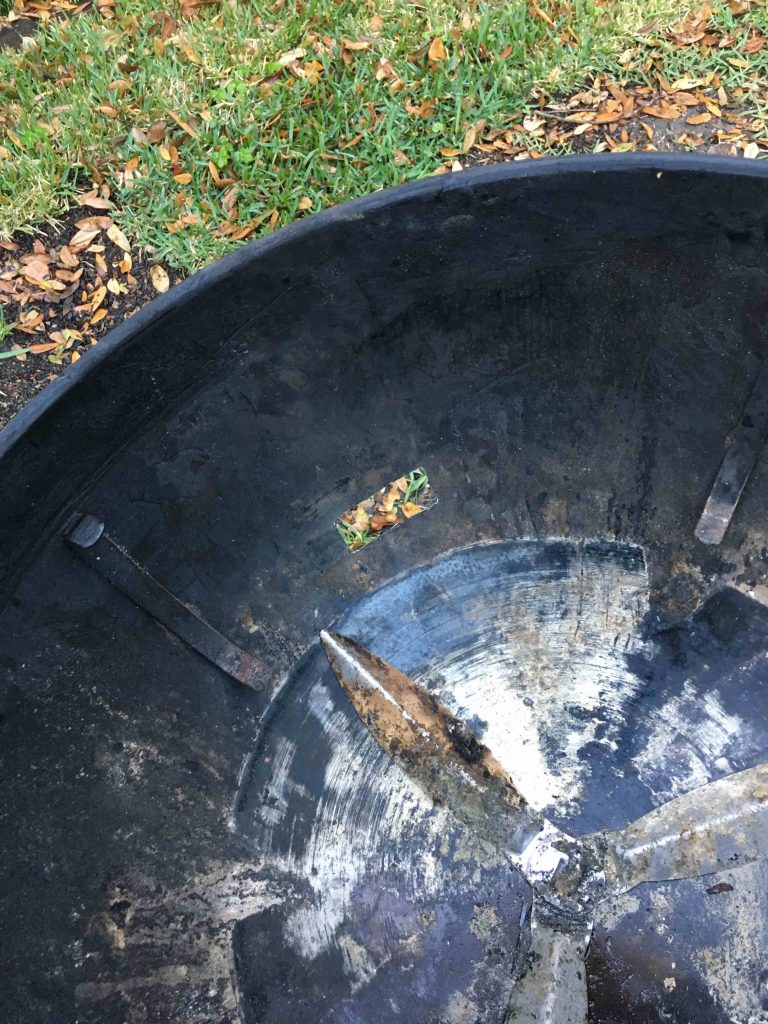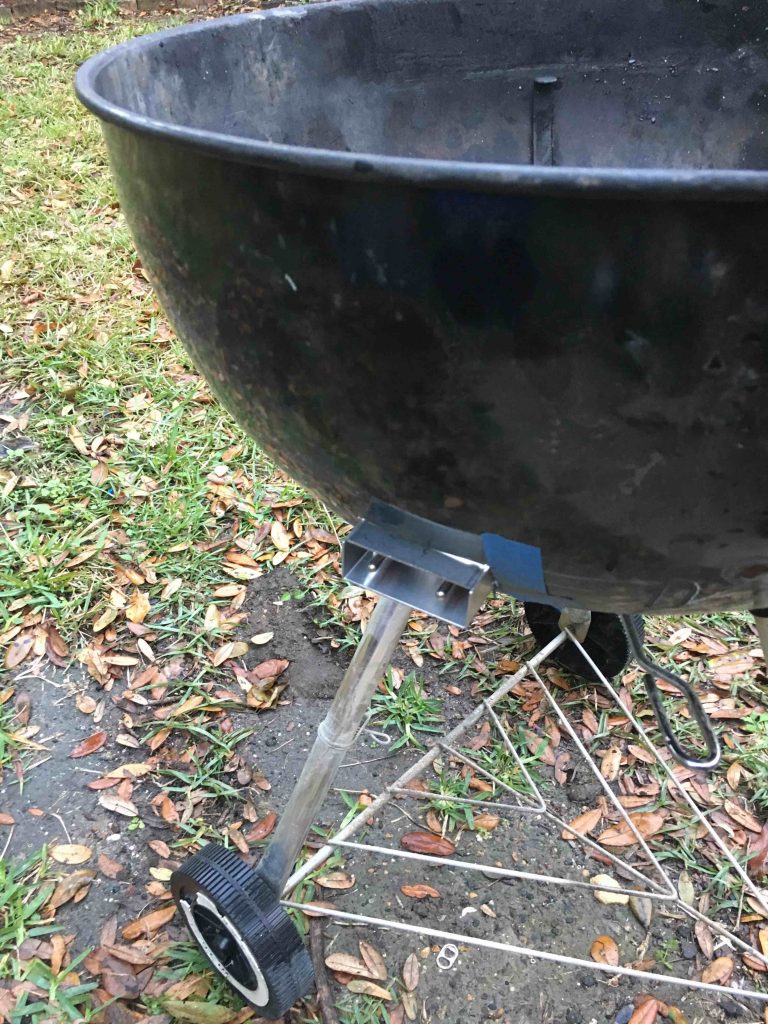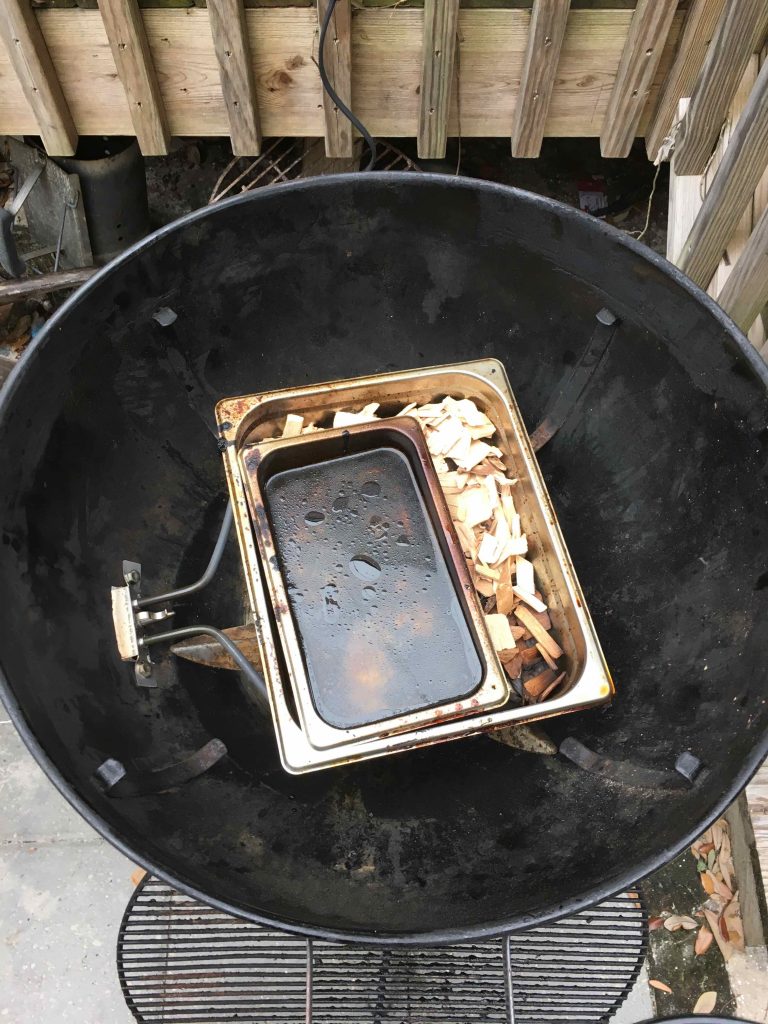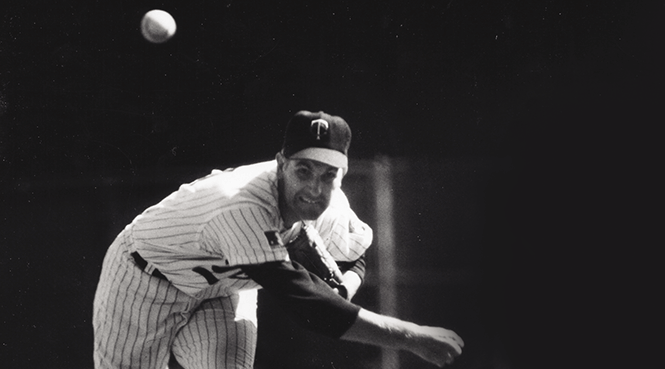MINNESOTA 4, WASHINGTON 3 IN WASHINGTON (13 INNINGS)
Date: Sunday, August 17.
Batting stars: Ted Uhlaender was 2-for-5 with a stolen base, his thirteenth. Cesar Tovar was 2-for-5. Tony Oliva was 2-for-6 with two walks. Harmon Killebrew was 1-for-4 with a two-run homer (his thirty-second) and two walks.
Pitching stars: Tom Hall pitched eight innings of relief, giving up one run on two hits and three walks and striking out five. Ron Perranoski pitched three innings, giving up one run on four hits and two walks and striking out two.
Opposition stars: Joe Coleman pitched eleven innings, giving up three runs on five hits and five walks and striking out five. Frank Howard was 1-for-4 with two walks. Ken McMullen was 1-for-4 with two walks.
The game: Not that 4-3 is high-scoring, but it was even more of pitchers' duel than that sounds like. In the second, Ken McMullen walked and Bernie Allen singled, putting men on first and third with none out. The Senators scored only once, on a Paul Casanova ground out, to take a 1-0 lead. Johnny Roseboro opened the Twins third with a walk. Bob Allison, pinch-hitting for Twins starter Dean Chance, bunted him to second and Uhlaender singled him home to tie the score 1-1.
It stayed 1-1 for quite some time. Washington loaded the bases in the third. The Twins put men on first and second in the fourth. The Senators put men on first and second in the fifth. The Twins got a man to second in the eighth. But the game stayed tied 1-1, going into extra innings.
In the eleventh, Oliva hit a one-out single and Killebrew followed with a two-run homer, putting the Twins up 3-1. Hall, who had come in to start the third inning, was still in there starting the eleventh, but came out after giving up a single to Howard to start the inning. Ron Perranoski came in and it still looked good for the Twins. He walked Mike Epstein, however, and gave up a single to McMullen. Tim Cullen hit into a double play, making the score 3-2 but putting the Twins one out away from victory. But Eddie Brinkman singled tying the score 3-3 and they played on.
In the thirteenth, the Twins started with consecutive singles by Tovar, Uhlaender, and Oliva, making the score 4-3. Killebrew walked, loading the bases with none out. The Twins could do no more, however, and carried the precarious 4-3 lead to the bottom of the thirteenth. Cullen got a one-out single, putting the tying run on base. He did not advance, however, as Brinkman and Casanova each hit into forceouts to end the game.
WP: Perranoski (8-6). LP: Dennis Higgins (9-9). S: None.
Notes: Tovar was again at second with Uhlaender in center. Graig Nettles played left. In the eleventh, after the Twins took the lead, Frank Quilici came in to play third base, with Killebrew moving to first and Reese to left. Another option would've been to put Quilici at second and Tovar in center. It seems like that might have been better, although I certainly can't prove it.
Reese was 0-for-5 with a walk, making his average .337. Oliva was batting .322. Perranoski's ERA was 2.01.
One assumes Chance was still having injury problems, as there was no apparent strategic reason for taking him out of the game. He would go to the bullpen after this game, making three relief appearances before returning to the rotation on September 1.
Hall had just pitched a complete game on August 13, so an eight-inning stint wasn't out of the question for him. I wonder, though, when the last time is someone pitched eight innings of relief in a game.
I also wonder when the last time is that someone pitched eleven innings, the way Coleman did in this game.
The two teams combined to strand twenty runners and went a combined 4-for-23 with men in scoring position.
I don't have time to do a full profile of Coleman, but he was a fine pitcher for Washington from 1968-1970. He went 32-41 because the Senators had a lousy team, but he had an ERA in the low-to-mid threes each year and pitched over 200 innings a season. He then went to Detroit, got some run support, and went 62-38 from 1971-1973, winning twenty games twice while being pretty much the same pitcher he had been in Washington. He struggled for a few years, had a couple of good years as a reliever (1977-1978), and was done after the 1979 campaign. For about six years, though, he was a really good major league starting pitcher.
Record: The Twins were 71-48, in first place in the American League West, two games ahead of Oakland.

